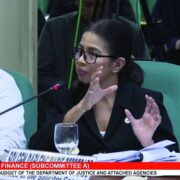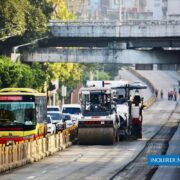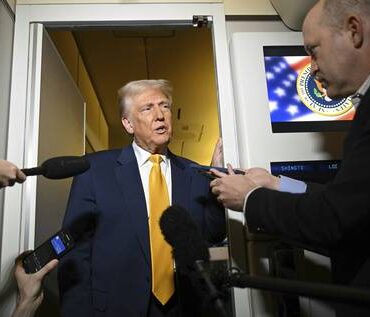Avoiding a recession: Why economic reforms are urgently needed

The country’s economy is not in recession, stagflation, or unimaginable depression. The economic depression during the Japanese occupation, from 1941 to 1945, was a traumatic period of having nothing to buy and nothing to buy with to stave off hunger. I am told that in Bacolod City, Negros Occidental, the head of the guerrilla movement printed paper money to be used as underground currency so one could buy rice, corn, camote, meat, and other food supplies. Food products produced in farms and backyards drove the underground economy and kept it humming. To buy a ganta of rice then, one must have nearly a sack of guerrilla paper money as payment. Can that similar scenario take place again in this country? Possible (God forbid!) but not probable, if we can help ourselves to avoid plunging the country into such an abysmal rut.
Admittedly, and as attested by the World Bank and local and international economic thinkers, our National Expenditure Program (NEP) loses an estimated 20 percent to widespread corruption. Corruption is porous in our bureaucratic environment, not knowing who benefits directly or indirectly but spreads around to line many pockets. We just saw the evidence in disturbing post-audit reports the Commission on Audit churns out year after year.
Our external trade does not show positive net earnings of dollars to buy oil and the materials and supplies we need to run our industries; we have always had annual negative trade balances over the years.
Our 2025 GDP projection has been reset to less than 6 percent, however, the NEP is up by 10 percent compared to last year because the population continues to grow at 1.5 percent annually. The 2025 NEP of P6.326 trillion does not have enough matching revenues which, according to Finance Secretary Ralph Recto, amounts to P4.64 trillion. An estimated P1.9-trillion deficit on paper puts pressure on the government to increase its borrowings.
Congress should pass a measure to cushion the economic headwinds ahead so that the country can cope with them. The legislative measure will authorize the budget department to retain the services of a highly reputable national audit and accounting firm to handle the internal auditing system in all government offices, including government-owned and -controlled corporations until the economic crisis is over or mitigated to controllable levels.
It could be a long shot to recover 20 percent of budget losses due to corruption, but preventing a loss of 10 percent of the P6.326 trillion NEP is worth the try.
MARVEL K. TAN, CPA,
captbeloytan@gmail.com

















Show love to teachers this Christmas